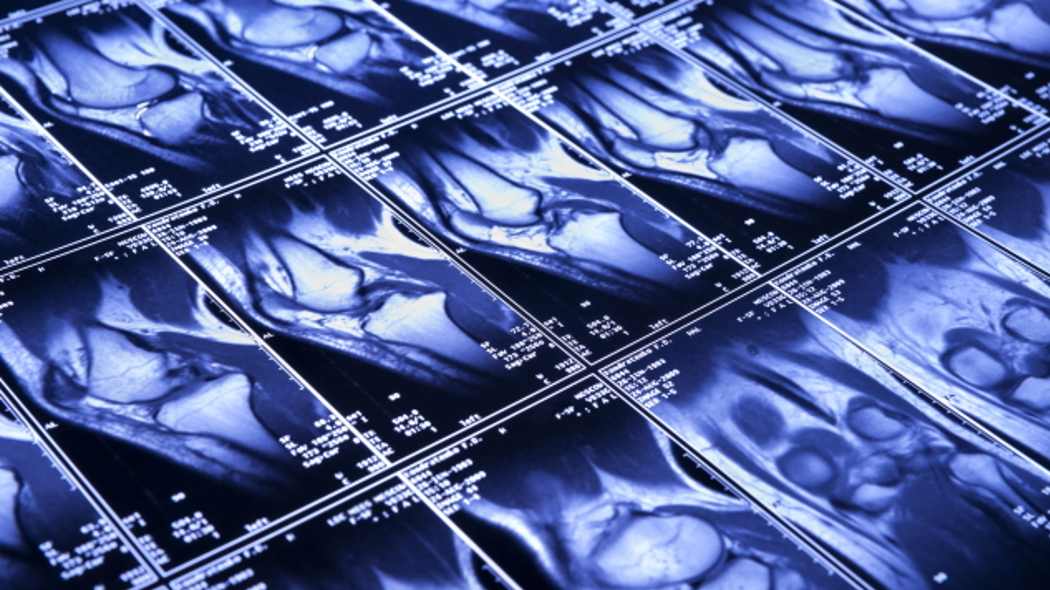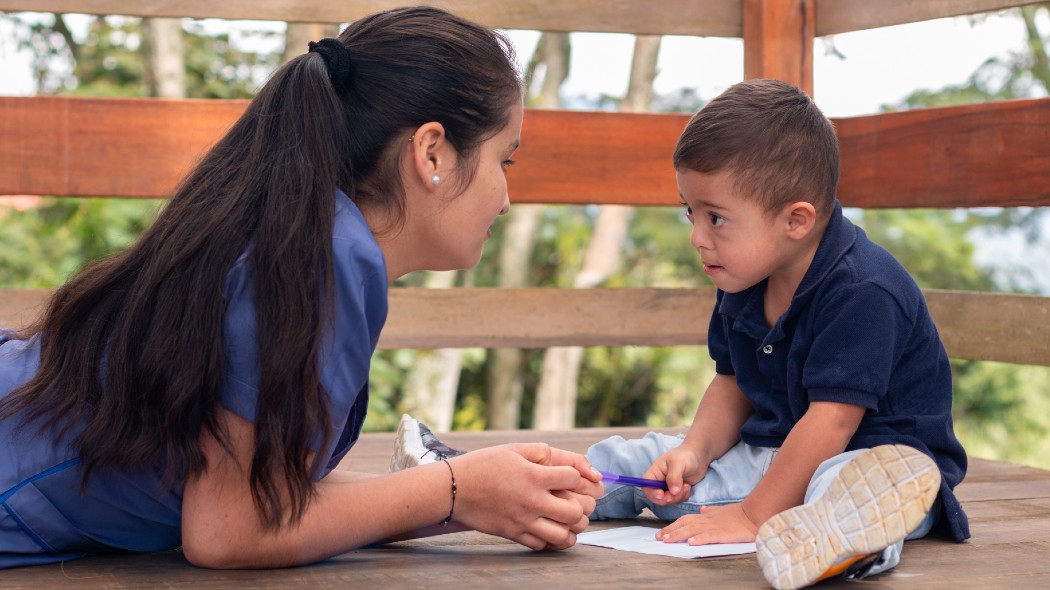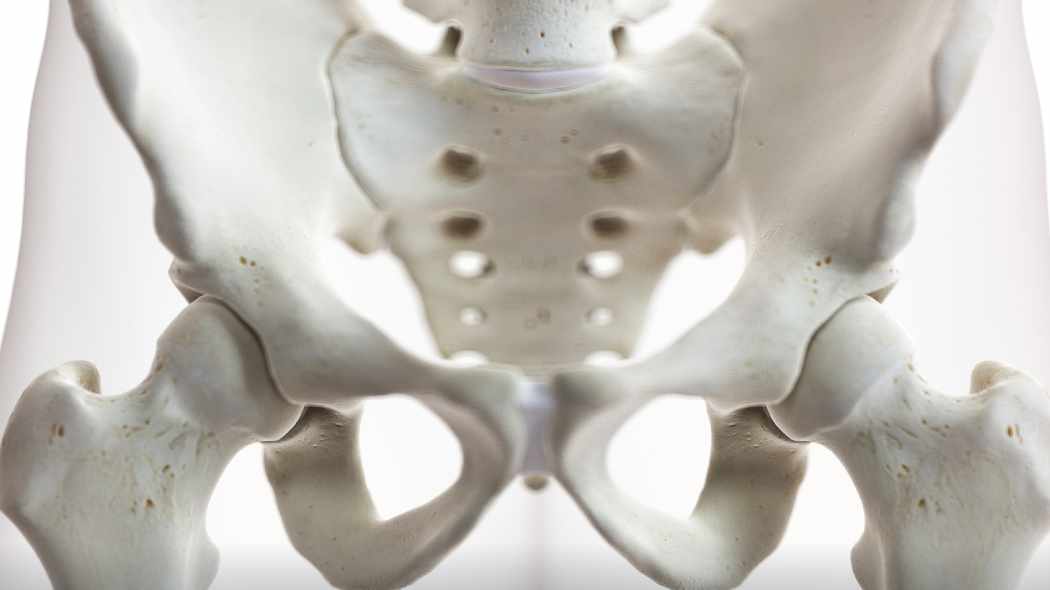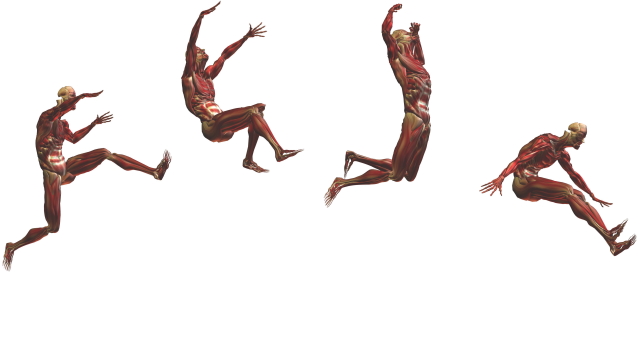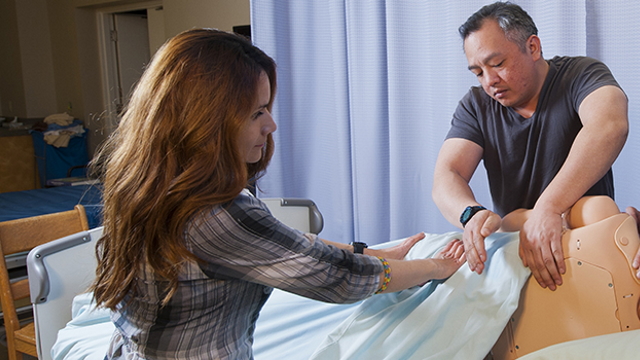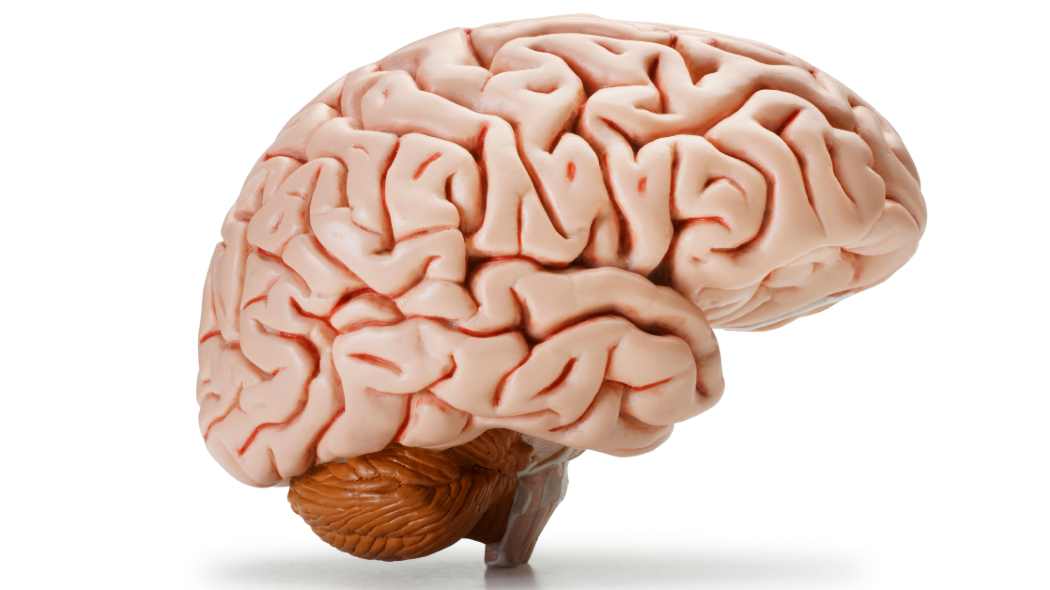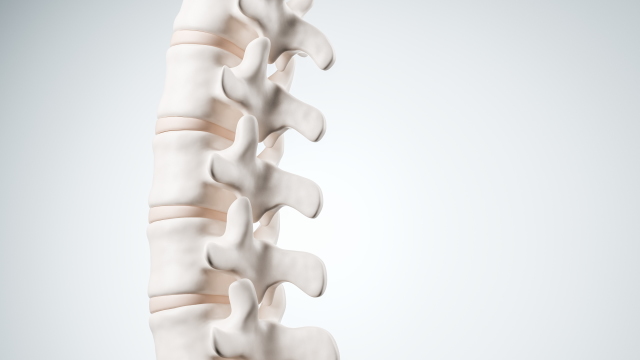Microcredential Courses
Microcredential courses are non-credit online short courses (16-30 hours) in specific content areas that run over approximate 6 week time-frames.
Diagnostic Imaging for msk disorders in primary care
Learn how to use diagnostic imaging for the management of musculoskeletal conditions in primary care settings.
Evidence based practice in stroke rehabilitation: finding + appraising eviidence fast
Learn about current translational issues in stroke rehabilitation, and provide learners with critical appraisal skills and tools needed to find and evaluate evidence in stroke rehabilitation.
Lymphedema + Chronic Edema Management
Learn about key topics in lymphedema and chronic edema management.
Common conditions in pediatric rehabilitation
Learn about updates on the theory and application of rehabilitation in children with common conditions.
rehabilitation for children with disabilities
Learn about updates on selected technologies used in pediatric rehabilitation by health professionals.
level 1 Introduction to women's Pelvic Health
Learn about the factors that impact continence and dysfunction.
Foundations of MSK Anatomy
An introduction to the musculoskeletal anatomy required for understanding human movement.
Physical Therapy Practice in the CND Healthcare System
Internationally Educated Physical Therapist (IEPT) will learn about Physical Therapy within the Canadian Healthcare System.
Wheelchair + Seated Mobility
Helps rehab professionals understand the factors that impact manual wheelchair propulsions, seating, and positioning.
Mastering the Multiple Choice Exam
Learn to develop strategies for studying for and writing a Multiple Choice Question (MCQ) examination.
Neurorehabilitation for Healthcare Professionals
Learn about updates on practices and guidelines for the medical and rehabilitation management of neurological disorders
Geriatric rehabilitation + healthy aging
Learn about updates in primary management strategies for healthcare professionals working with aging populations.
Spinal Cord injury Management for Healthcare Professionals
Learn about updates in medical and rehab management for healthcare professionals working with spinal cord injuries.
Vestibular + Concussion Management for Healthcare Professionals
This two-part course is an update on vestibular pathologies and reviews rehabilitation management strategies.
Using Electronic health systems part I: Nuts + bolts
Explore the electronic health system and its evolving role within healthcare, including the impact on quality and patient-centred care.
Using Electronic health systems part II: Integrating Data into Practice
Explores the use of data within a learning health system. Learner how to use data to drive improvement within their healthcare setting.
Integrating telerehabilitation into practice
Learn about updates in Telerehabilitation practice in the professions of Speech and Language Pathology, Physiotherapy, and Occupational Therapy.
Infant Eating, Feeding, + Swallowing: Theory + Clinical Application
Learn about updates to infant eating, feeding, and swallowing in the first year of life and the impact of preterm birth and medical conditions on the development of eating, feeding, swallowing, and behavioural organization. Opportunities for clinical application of theoretic content.
Community Rehabilitation: Allied Health Management of Chronic Conditions
Learn about updates in the rehabilitation care and support/monitoring for those with chronic conditions such as Frailty, Arthritis, COPD, and Long-COVID.
Micro-course for clinical educators
Intended to prepare and support new and experienced clinical educators as they facilitate the growth of rehabilitation students during clinical/fieldwork practicums.
Other Offerings
Essential Skills in physical therapy practice - Labs for IEPTs
40 hours of on-campus clinical skills labs. A comprehensive physical therapy skills course that covers assessments and interventions for a wide range of practice areas.
Critical Thinking, Clinical Reasoning + Application in Canadian Occupational therapy
Supports internationally educated Occupational Therapists (OTs) to better understand clinical reasoning within the Canadian Practice context.
